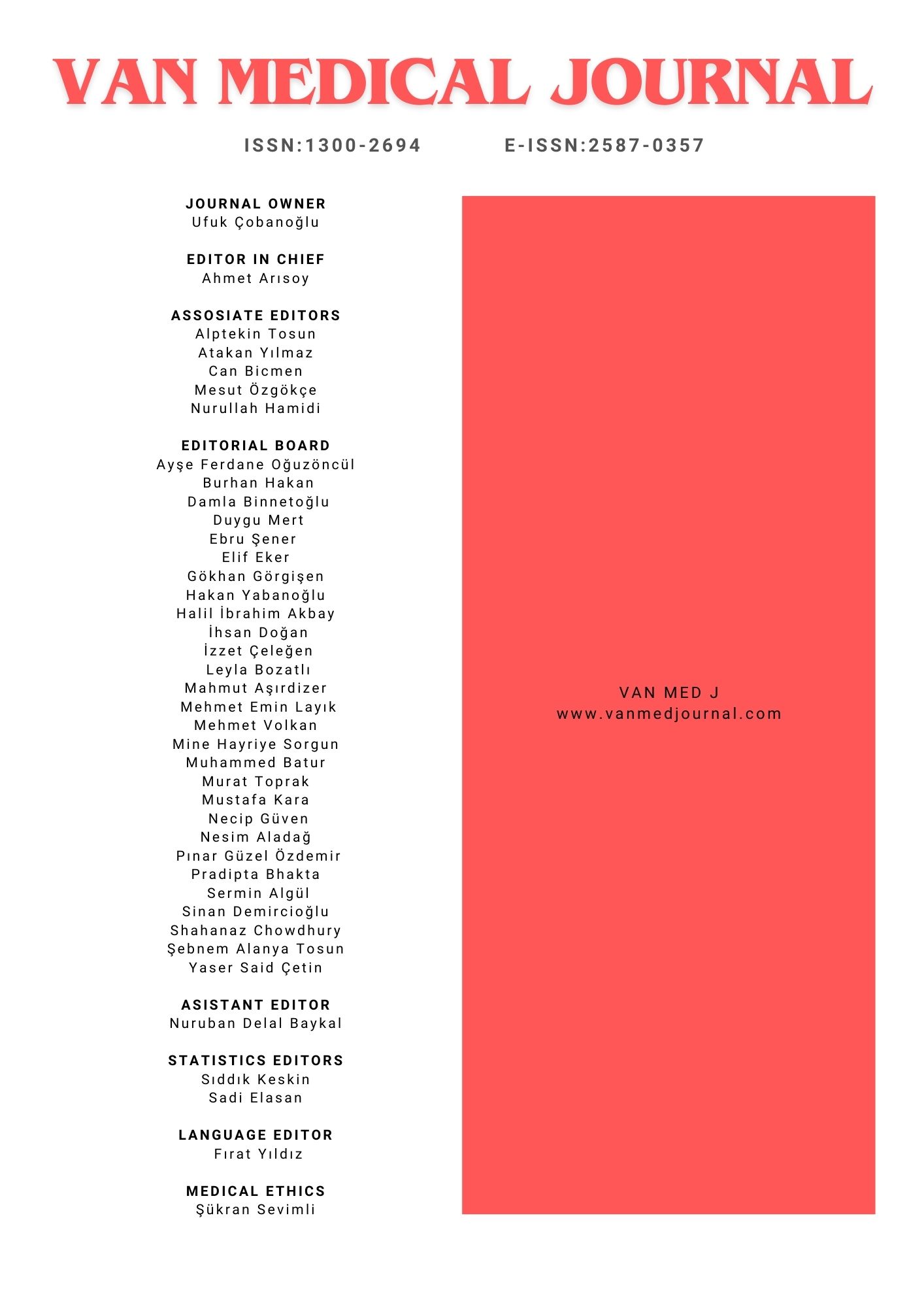The Predictive Value of Inflammatory Indices and CHA2DS2-VASc Score for NOAF in Covid-19 Patients and the Effect of NOAF on In-Hospital Outcomes
Mehdi Karasu1, Yücel Karaca1, Orhan Doğdu2, Mehmet Ali Kobat31Department Of Cardiology, Fethi Sekin City Hospital, Elazig, Turkey.2Department Of Cardiology, Elazıg Medikal Hospital, Elazig, Turkey
3Department Of Cardiology, Firat University Faculyt Of Medicine, Elazig, Turkey.
INTRODUCTION: It has been reported that atrial fibrillation (AF) is frequently observed in patients with severe COVID-19. Various mechanisms may be involved in the pathogenesis of AF in these patients. COVID-19 infection increases susceptibility to atrial AF acutely during the infectious stages and sometimes in the post-convalescence period.
METHODS: The current retrospective multicenter review consists of consecutive patients hospitalized for COVID-19-related infection in 3 different medical centers. Patients hospitalized for COVID-19 infection between September 2021 and February 2022 were studied.
RESULTS: The incidence of New-onset AF (NOAF) was 7.8%. N/L ratios on days 1, 3, and 7 were significantly higher in the NOAF group. In-hospital all-cause mortality, embolic events, and major bleeding were significantly higher in the NOAF group. Hospital stay was significantly longer in the NOAF group.
DISCUSSION AND CONCLUSION: CHA2DS2VASc score, D-Dimer, and N/L ratio are independent predictors of NOAF in COVID-19 patients. NOAF is associated with worse clinical features during hospitalization in terms of more bleeding events, death, and embolic events. NOAF is also associated with a longer hospital stay.
Manuscript Language: English

